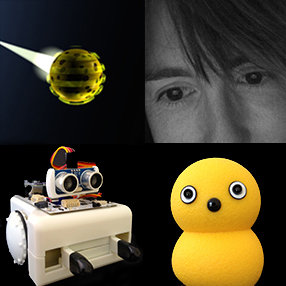Chapter 7 Communication, Individuals and Systems
![]() [R]ecognizing all forms of agency precisely allows us to speak of ethics and responsibility in a very practical and incarnated way (Cooren, 2010, p. 6)
[R]ecognizing all forms of agency precisely allows us to speak of ethics and responsibility in a very practical and incarnated way (Cooren, 2010, p. 6)
As a continuation of the previous chapter’s musings about boundaries between different types of being, this chapter revisited some of the ideas in earlier discussions that related to the balancing act of paying attention to individual communicators and also the dynamic system of communication that forms over the course of an interaction. The analysis draws upon François Cooren’s arguments about activity and agency, which allow one to, amongst other things, re-position responsibility within a system, as opposed to with an individual. Part of the goal of this chapter was also to move beyond discussing short-term interactions between humans and robots, to consider the way that these relations might develop over longer periods of time. In doing this I tried to get across the sense that such relations are always asymmetrical, but that this asymmetry is flexible if the relation responds to changing situations, and the participants have developed trust and respect for each other (where in a human-robot pairing, it is the human’s trust in, and respect for, the robot that will be most important to the adaptability of the team).
Cooren, F. (2010) Action and agency in dialogue passion, incarnation and ventriloquism. Amsterdam; Philadelphia: John Benjamins Pub. Co. Available at: http://public.eblib.com/choice/publicfullrecord.aspx?p=623314 (Accessed: 10 December 2014).

